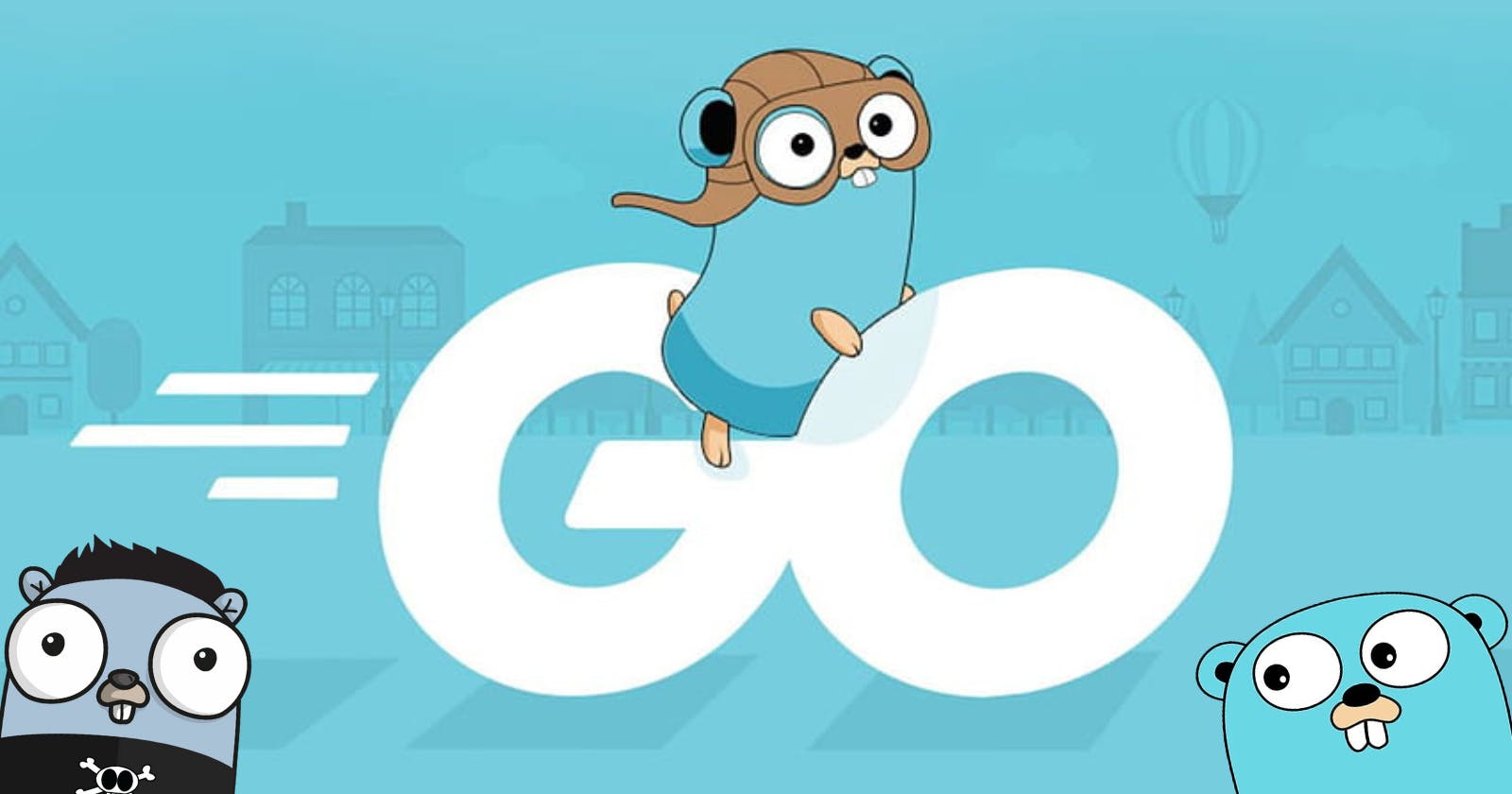Don't learn a new statically typed, cross-platform and compiled programming language like GO which was built at Google if you don't want to experience its minimalistic syntax accompanied by excellent concurrent programming enabled through Gorutines, cutting-edge garbage collection and a rich over the top standard library.
Go is a language of composition and coupling.
The idea of the language comes from...
...the age-old tussle between a low-level and a high-level language. A hollow of a simple compiled language which was low-level enough to be lightning-fast and high-level enough to be able to handle complex web infrastructure operations simply. This problem is exactly what the intelligent minds of Robert, Rob and Ken from Google solved. The language was made as an alternative for C++ programmers but turned out to be something totally different with its core philosophy.
"We did not want to be writing in C++ forever, and we—me especially—wanted to have concurrency at my fingertips when writing Google code. We also wanted to address the problem of "programming in the large" head-on, about which more later." "We weren't trying to design a better C++ or even a better C. It was to be a better language overall for the kind of software we cared about.", quoting from Rob Pike's Blog dated 2012.
Big software needs a methodology to be sure, but not nearly as much as it needs strong dependency management and clean interface abstraction and superb documentation tools, none of which is served well by C++ (although Java does noticeably better).
Python and Ruby programmers come to Go because they don't have to surrender much expressiveness, but gain performance and get to play with concurrency.
I would like to leave the readers with a question:
Do you think less is more, or less is less?
Thank you.
